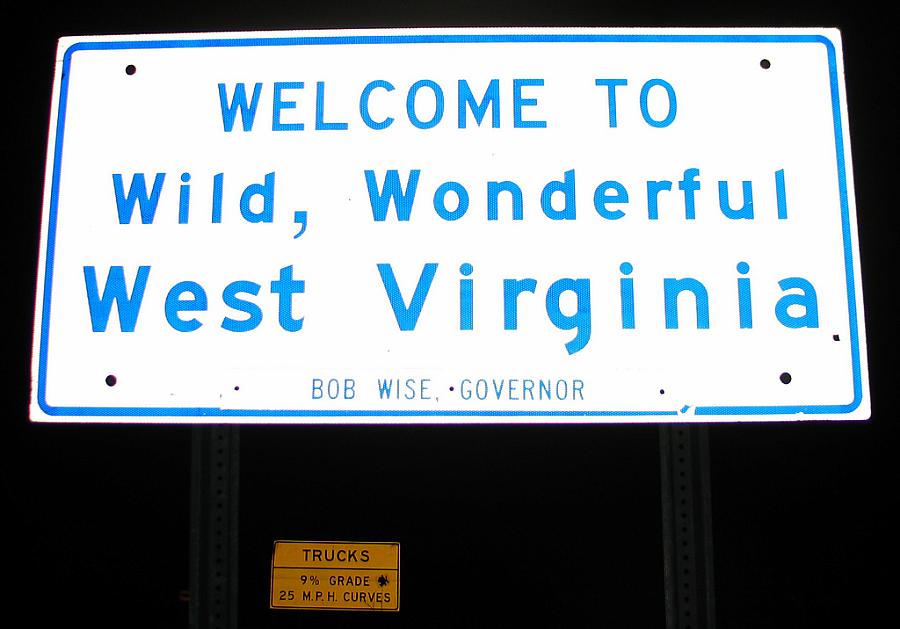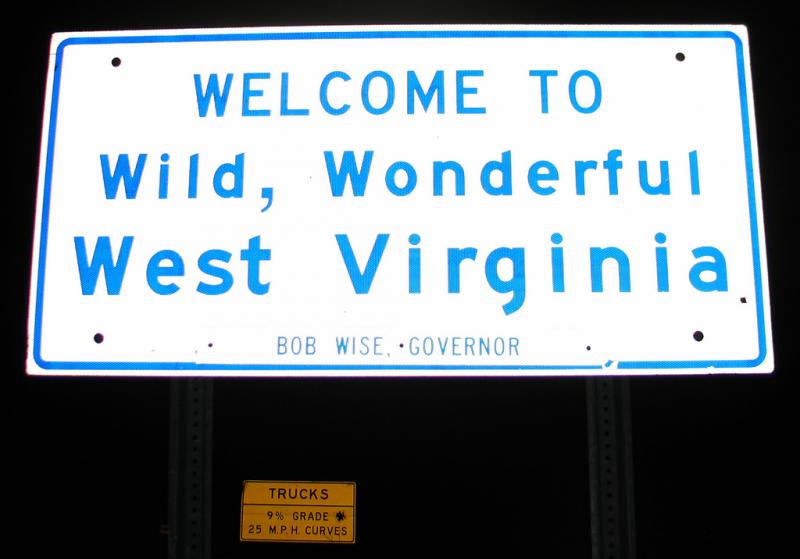A Public Death: West Virginia Rules Cause Confusion Over Death Certificates

 It's crazy enough that some states make certain records public while other states ban them from public view. Death certificates, as Antidote has noted, are easily obtained in California but kept secret from all but a select few in New York.
It's crazy enough that some states make certain records public while other states ban them from public view. Death certificates, as Antidote has noted, are easily obtained in California but kept secret from all but a select few in New York.
In some states, every county has a different set of rules.
This is what Lawrence Smith found when he was trying to document the misdeeds of Dr. Jack Mark Levine. After allegations of sexual misconduct and medical error over three decades, Levine lost his license to practice medicine in Ohio, Illinois and West Virginia. He was the target of malpractice suits from multiple patients that resulted in, by his own admission, $1.2 million in payments between 1991 and 2000.
Smith wanted to know, among other things, why it took so long for the states' medical boards to put him out of business.
But when he started asking for the death certificates of patients who had been seen by Smith, he got a funny response in Cabell County.
The deputy clerk there said that death certificates are not a public record.
Smith was surprised to learn this because he had obtained the death certificates of several people in other counties. He told the deputy clerk that he had been able to view death certificates in Kanawha County, "the political subdivision that contains the state capital". The deputy clerk replied, "Well, that's Kanawha County."
Smith did not take no for an answer. He did what all reporters should do when told that records are off limits. He asked the clerk to cite a law that barred access to records.
When the deputy clerk did not produce one, he did the second thing all reporters should do when denied. He went home and typed up a Freedom of Information Act request, which he sent to Cabell County Clerk Karen Cole.
This time, he did get a reply.
Cole sent him photocopied snippets of state rules that she said prohibited her from releasing the records. The rules are vague and appear to come from two different authorities, but they also appear to give Cole some legal footing to bar the records. Because Cole didn't supply any context for the quotes, Smith was mystified yet again.
His reading of state law was clear, and he cited it in his second letter to Cole:
"Every person has a right to inspect or copy any public record of a public body in this state, except as otherwise expressly provided by section four of this statute." Smith then pointed out that in section four, death certificates are not mentioned.
Cole must have thought she was in a tough spot, and she did what a smart public official would do. She asked for guidance from someone who works more closely with vital records.
Gary Thompson, the state registrar of the West Virginia Vital Registration Department, sided with Cole and, as Cole explained in a letter to Smith, "we are not permitted to issue a copy of a death certificate (certified or otherwise) to anyone who is not permitted to obtain it under Vital Registration Office Rule 11.1, or until a period of fifty years has lapsed as mandated by West Virginia Code 16-5-27(d)."
This, too, did not dissuade Smith. Because he realized that there were dueling state rules and that different counties were choosing to abide by different rules. To force Cabell County to make death records public, he sued in December 2011.
To back up his claim, he provided two death certificates: Vickie D. Myers, a former Miss West Virginia and school teacher died in 2007 of excessive alcohol consumption in Wood County. Martha Grace Phillips died in Marion County after living in a nursing home. Her family filed suit against the nursing home claiming negligence.
Even more importantly, Smith, in his lawsuit, showed why Helen Zeigler's death certificate would be crucial in documenting the public safety issues surrounding Levine's licensure and discipline. What happened to Zeigler remains a bit of a mystery. (Even the spelling of her name is a mystery. Some records say "Zeigler" and others say "Ziegler.") Smith has scoured courthouse records looking for her lawsuit, but he can find next to nothing.
The only document he has to go on is a form that Levine himself filled out and gave to the West Virginia Board of Osteopathy. It shows that he performed what appears to be a hysterectomy on her and that she developed very low blood pressure immediately after. She suffered a heart attack and died. Her family sued, and Levine in 2000 settled the suit out of court for $400,000.
Antidote plans on paying close attention to Smith's suit. He has won public records cases twice before in Cabell County, so perhaps he might actually bring some clarity to West Virginia's mishmash of rules on whether death certificates are public.
Related Posts:
A Public Death: Records Reveal Endangered Patients In Three States
A Public Death: State Laws Hiding Death Certificates Can Hurt the Living
A Public Death: Violent Nursing Home Deaths Exposed In Michigan
A Public Death: Coroner Goes Rogue with Suicide-By-Cop
A Public Death: Health Writers Can Show Value Of Open Access
A Public Death: Small Details Matter to Families in Mourning

